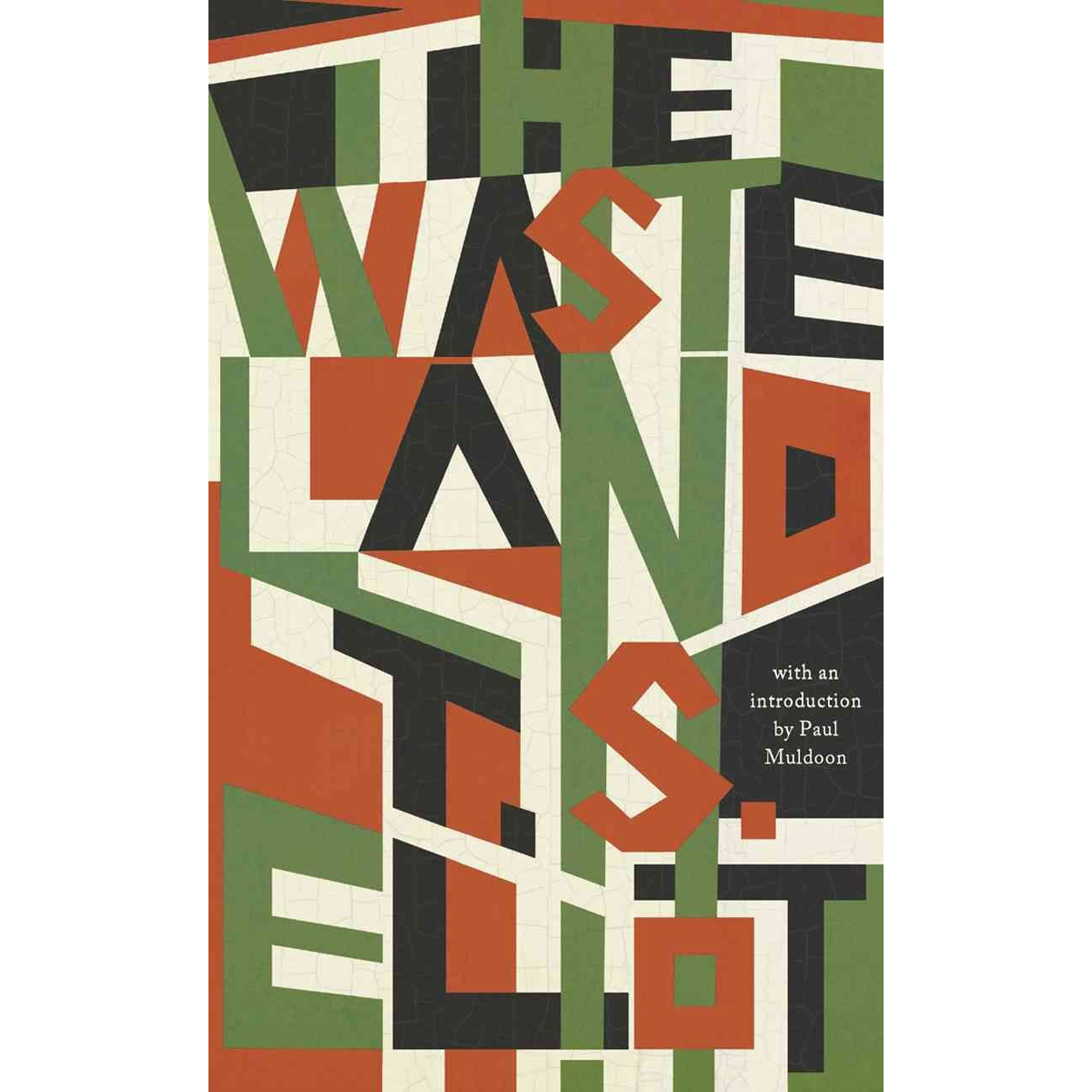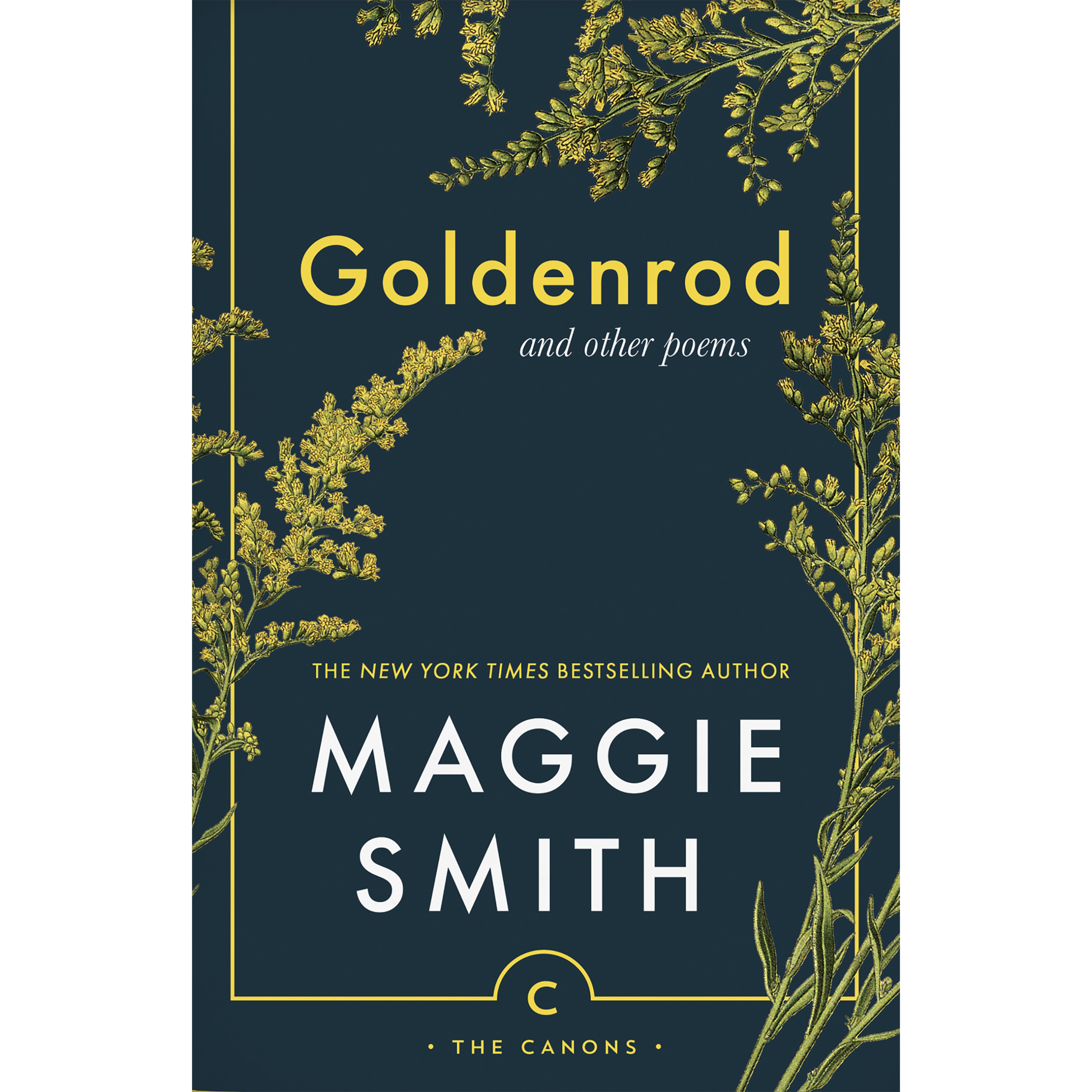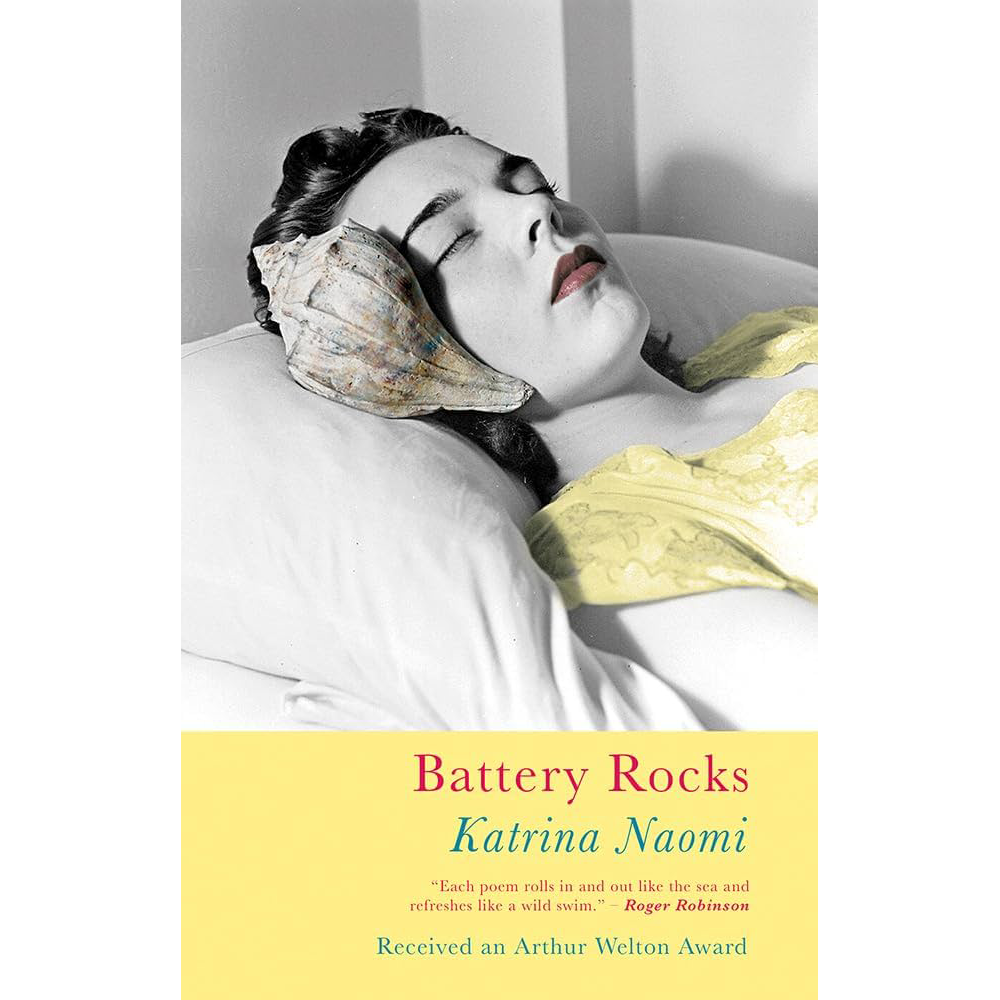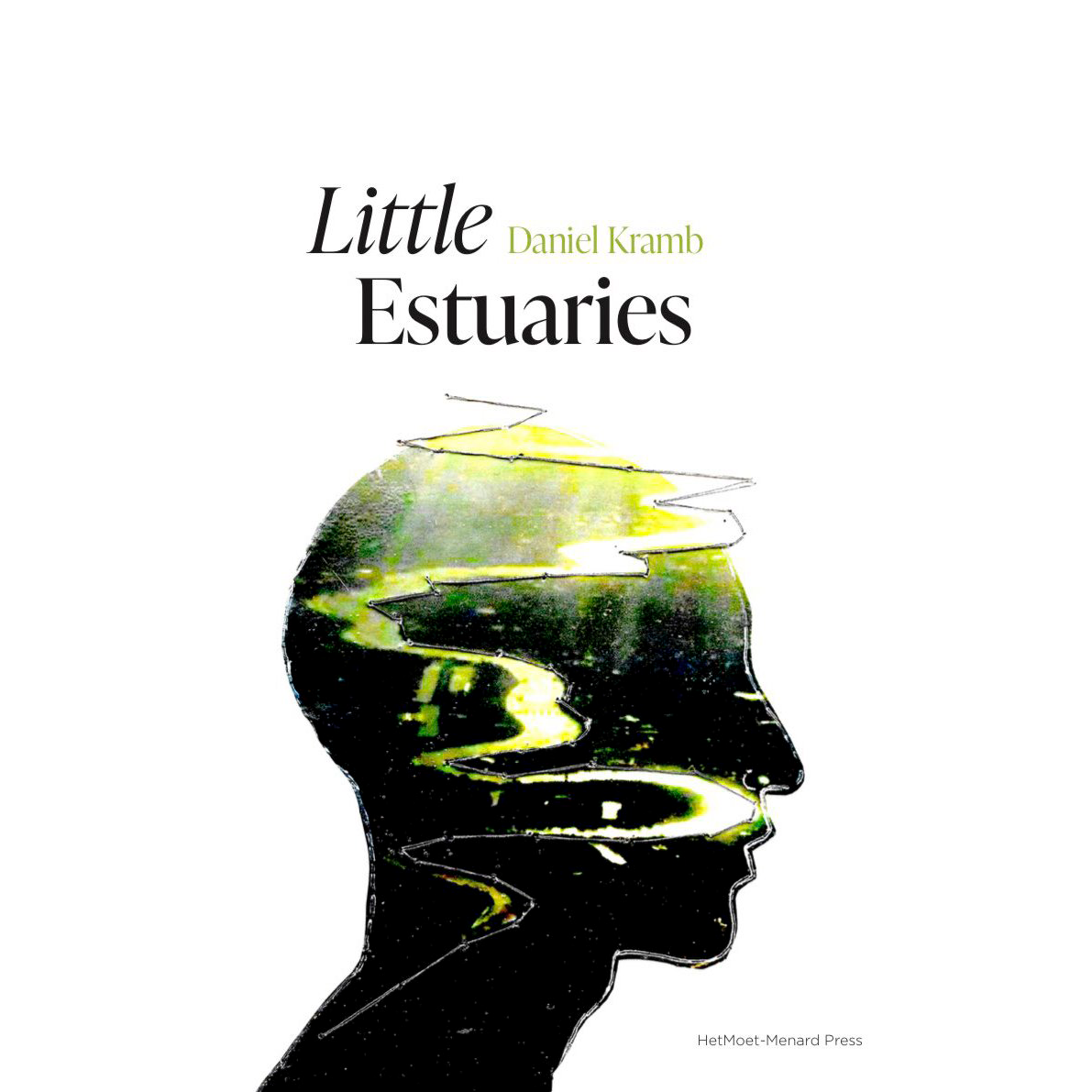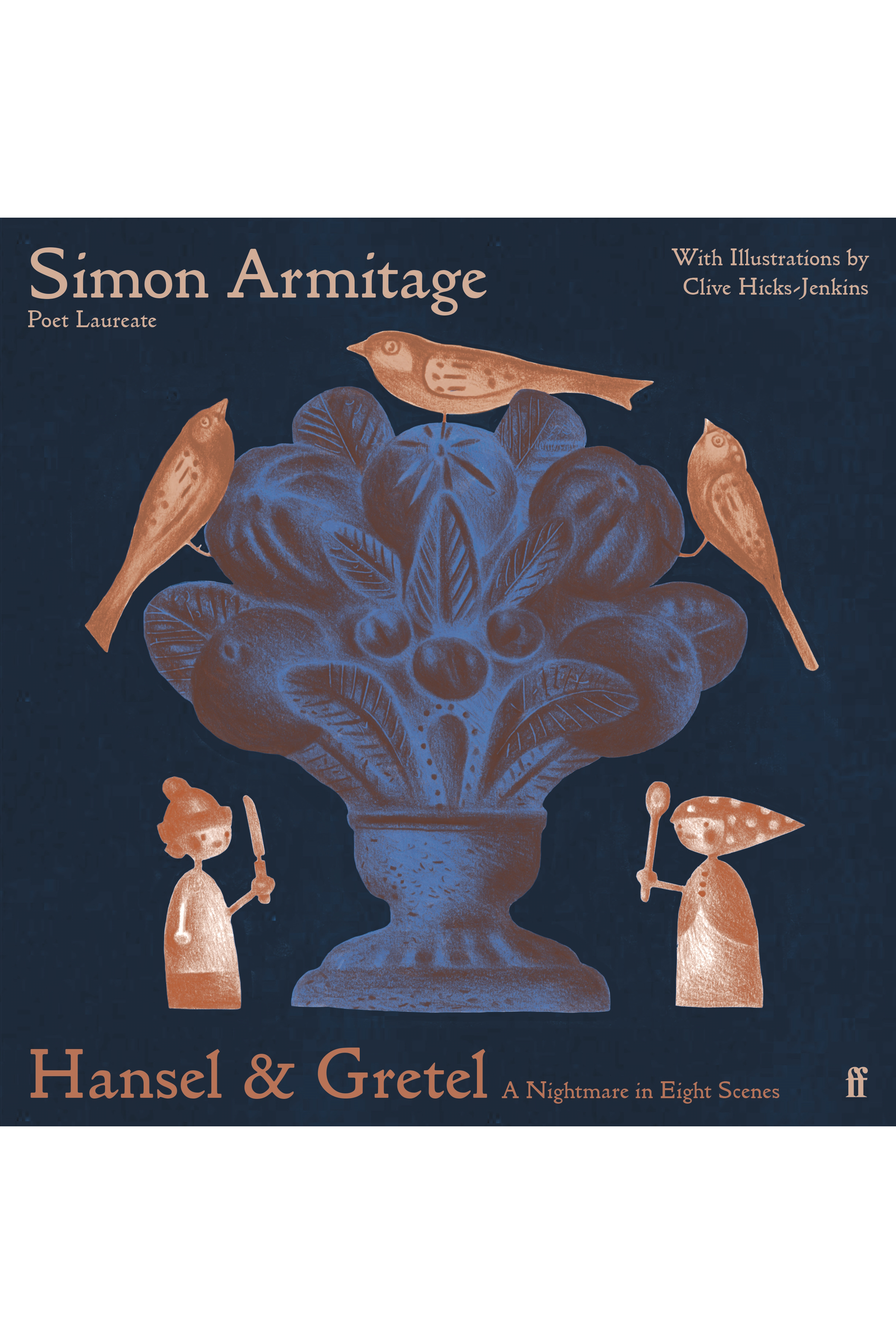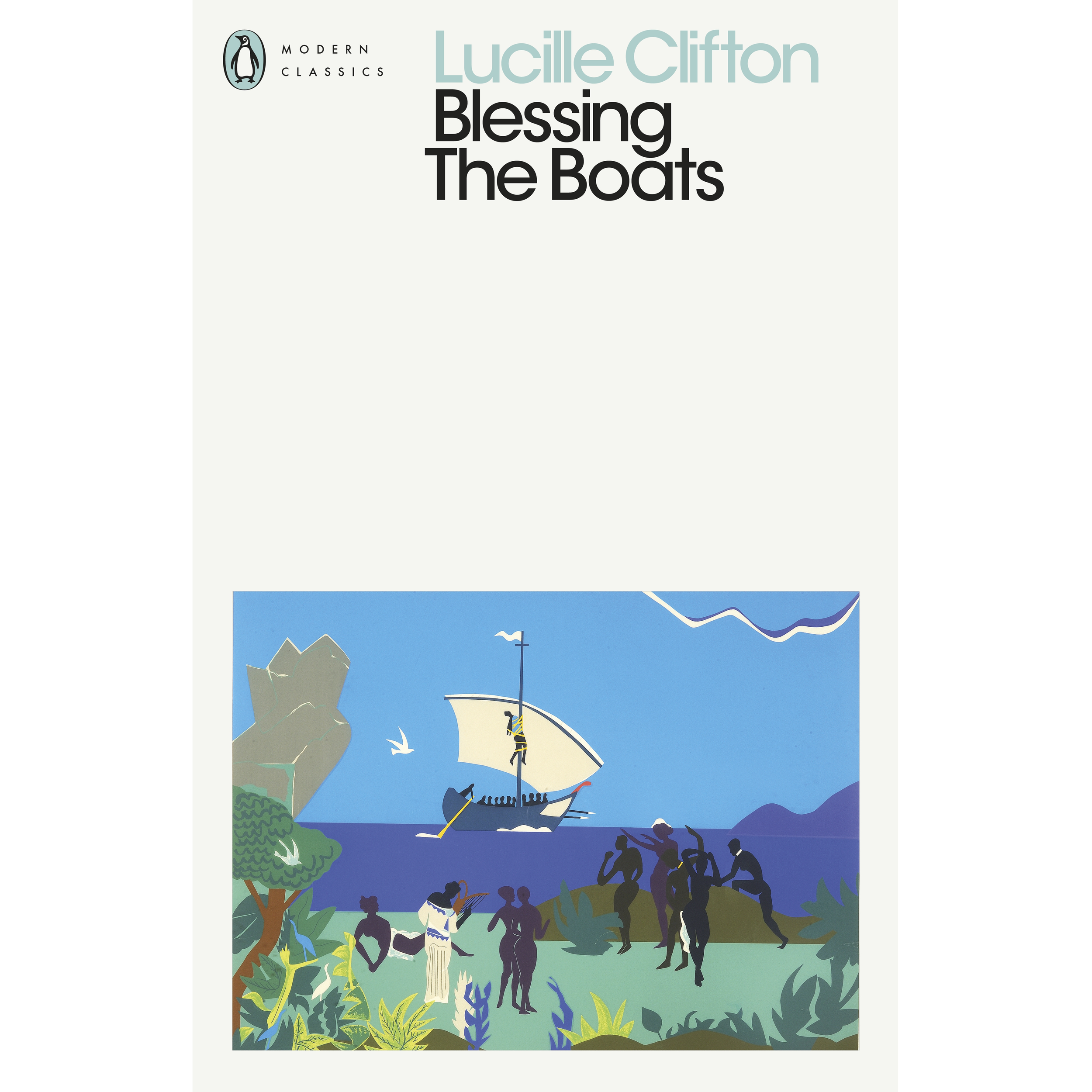The Waste Land
The Waste Land | By T.S. Eliot
The Waste Land is arguably the most important poem of the twentieth century. First published in the United States by Boni & Liveright in 1922, this landmark reissue of the first edition, now back with its original publisher, includes a new introduction by Paul Muldoon, showcasing the poem's searing power and strange, jarring beauty. With a modernist design that matches the original, this edition allows contemporary readers to experience the poem the way readers would have seen it for the first time.
As Muldoon writes, "It's almost impossible to think of a world in which The Waste Land did not exist. So profound has its influence been not only on twentieth-century poetry but on how we ve come to view the century as a whole, the poem itself risks being taken for granted." Famously elliptical, wildly allusive, at once transcendent and bleak, The Waste Land defined modernity after the First World War, forever transforming our understanding of ourselves, the broken world we live in, and the literature that was meant to make sense of it. In a voice that is arch, ironic, almost ebullient, and yet world-weary and tragic, T.S. Eliot mixes and remixes, drawing on a cast of ghosts to create a new literature for a new world. In the words of Edmund Wilson, "Eliot is one of our only authentic poets [The Waste Land is] one triumph after another."
The Waste Land | By T.S. Eliot
The Waste Land is arguably the most important poem of the twentieth century. First published in the United States by Boni & Liveright in 1922, this landmark reissue of the first edition, now back with its original publisher, includes a new introduction by Paul Muldoon, showcasing the poem's searing power and strange, jarring beauty. With a modernist design that matches the original, this edition allows contemporary readers to experience the poem the way readers would have seen it for the first time.
As Muldoon writes, "It's almost impossible to think of a world in which The Waste Land did not exist. So profound has its influence been not only on twentieth-century poetry but on how we ve come to view the century as a whole, the poem itself risks being taken for granted." Famously elliptical, wildly allusive, at once transcendent and bleak, The Waste Land defined modernity after the First World War, forever transforming our understanding of ourselves, the broken world we live in, and the literature that was meant to make sense of it. In a voice that is arch, ironic, almost ebullient, and yet world-weary and tragic, T.S. Eliot mixes and remixes, drawing on a cast of ghosts to create a new literature for a new world. In the words of Edmund Wilson, "Eliot is one of our only authentic poets [The Waste Land is] one triumph after another."
The Waste Land | By T.S. Eliot
The Waste Land is arguably the most important poem of the twentieth century. First published in the United States by Boni & Liveright in 1922, this landmark reissue of the first edition, now back with its original publisher, includes a new introduction by Paul Muldoon, showcasing the poem's searing power and strange, jarring beauty. With a modernist design that matches the original, this edition allows contemporary readers to experience the poem the way readers would have seen it for the first time.
As Muldoon writes, "It's almost impossible to think of a world in which The Waste Land did not exist. So profound has its influence been not only on twentieth-century poetry but on how we ve come to view the century as a whole, the poem itself risks being taken for granted." Famously elliptical, wildly allusive, at once transcendent and bleak, The Waste Land defined modernity after the First World War, forever transforming our understanding of ourselves, the broken world we live in, and the literature that was meant to make sense of it. In a voice that is arch, ironic, almost ebullient, and yet world-weary and tragic, T.S. Eliot mixes and remixes, drawing on a cast of ghosts to create a new literature for a new world. In the words of Edmund Wilson, "Eliot is one of our only authentic poets [The Waste Land is] one triumph after another."

